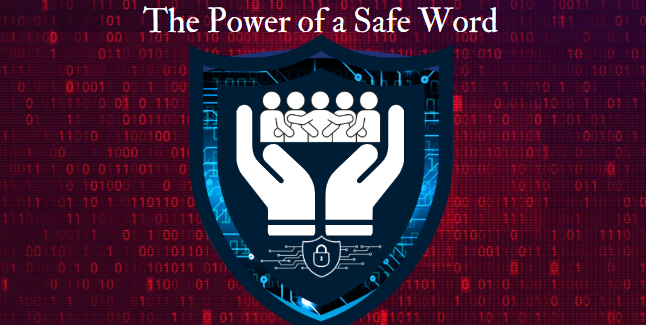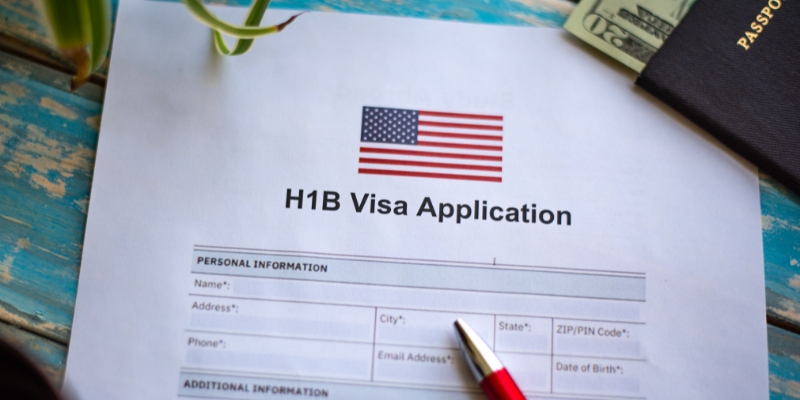BY TEJASVI MANOJ
JUNIOR, LEBANON TRAIL HIGH SCHOOL
This is our inaugural “Community Corner” post! Thank you to Tejasvi Manoj for contributing this valuable advice about staying safe online. Tejasvi is a junior at Lebanon Trail High School. Her first brush with technology was taking part in the Girls Who Code and the DFW iLeadInStem Coding Camp. She became interested in cybersecurity while participating in CyberPatriot, a national cybersecurity competition created by the Air & Space Forces Association.
In the summer of 2024, my grandfather got a text from his son-in-law, asking for his bank account details so that he could finalize a purchase. It turned out that the text was from a scammer impersonating him. Fortunately, our family caught the mistake in time; otherwise, the consequences could’ve been disastrous.
Digital Literacy – the ability to navigate online platforms safely – has become a vital skill. The Internet can offer countless opportunities, but cybercrime is also a real threat lurking just around the corner.
Cybercrime – illegal activities conducted through digital platforms – has risen exponentially over the years. From phishing (a cyber threat that involves sending fraudulent emails, messages, or calls to trick people) to social engineering (online scams tricking people
into giving personal information), many new features allow hackers to exploit vulnerabilities in the system easily. The FBI receives around 2,000 internet crime complaints a day, causing over a trillion dollars in damages worldwide annually, a figure that’s only expected to grow. This reality highlights the crucial need to educate every demographic, from teenagers to senior citizens, to navigate the web securely. While numerous banks and services are actively working to mitigate risks, a simple yet effective way to combat cyber threats is by using a “safe word”.
A safe word is a pre-agreed signal that you have created with the family that helps verify someone’s identity. When asking for personal information from someone, using a random word, like pineapple or soccer, ensures that someone in the know can confirm their authenticity. This simple act can protect you from scams, particularly for the vulnerable. To implement this, set up a time to meet with your family and trusted ones, and agree on a safe word to use while sharing sensitive information in a digital world. When someone asks for sensitive information, request the safe word first before sharing. This will allow you to navigate the digital world and protect your family online confidently.
Next time my grandfather or anyone in our family has a phishing attempt, they will instantly ask for the safe word and recognize if it is a scam, saving themselves from any emotional turmoil and losing their hard-earned savings. In today’s online world, even a simple word can help protect you from digital threats. Small actions as these can go a long way in keeping your personal information safe.





